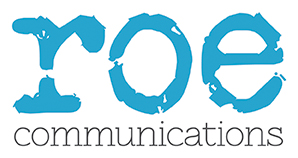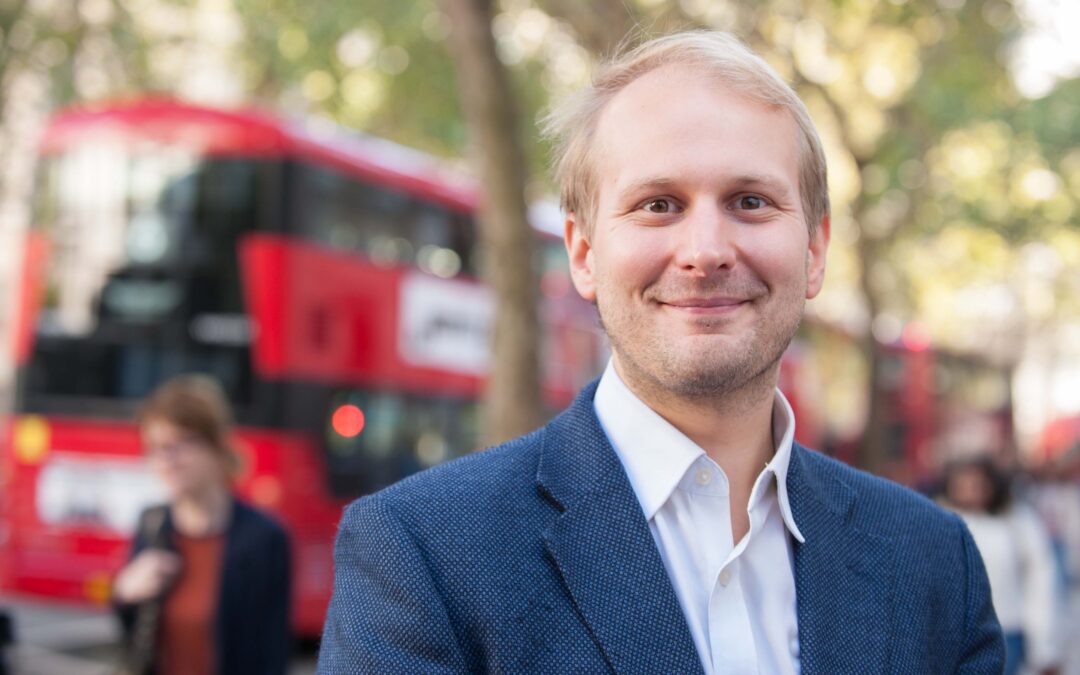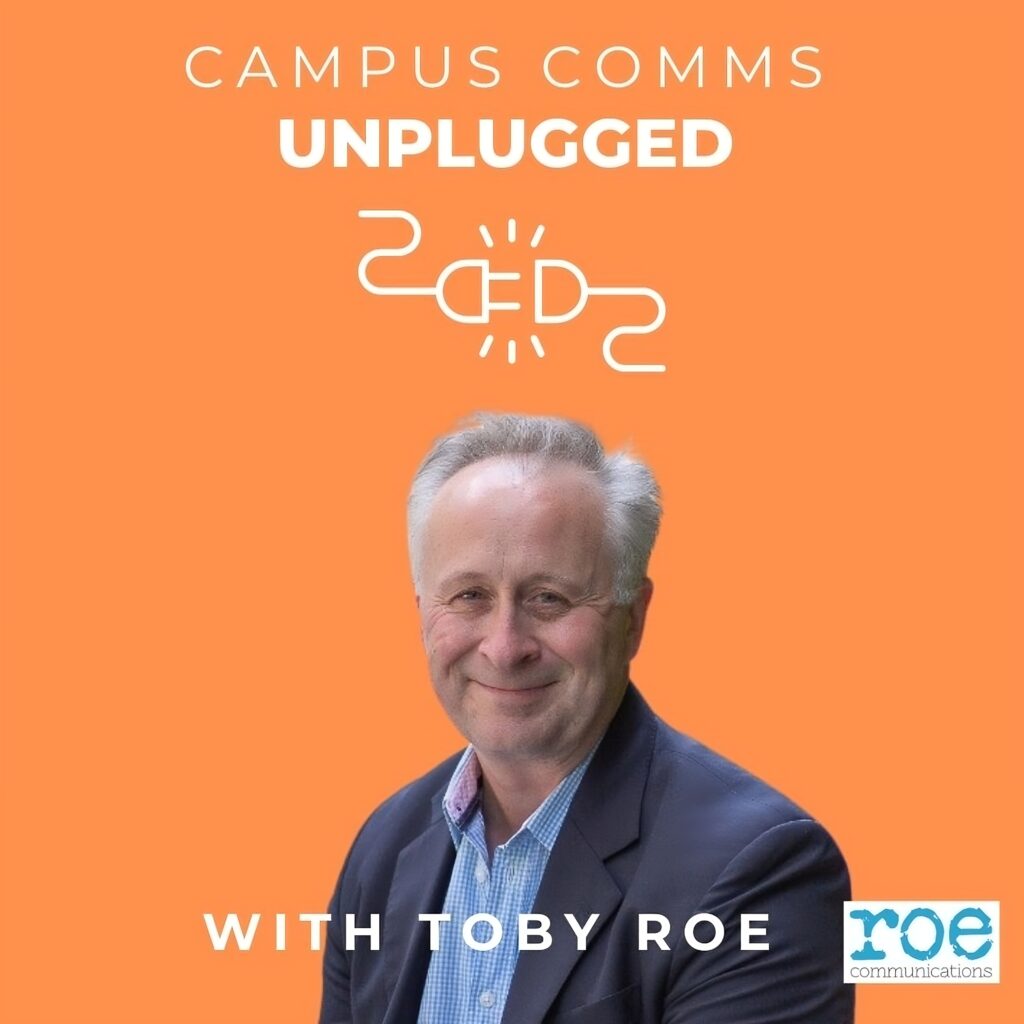Dan Maggs is Director of Partnerships & External Engagement at King’s Business School. His team oversees the School’s marketing, communications, partnership, alumni and events functions. A member of the Senior Management Team, Dan works closely with the School’s leadership in devising the School’s future strategy, particularly the strategic growth of the School’s profile and connectivity and its global engagement activities. Dan serves as the Secretary to the King’s Business School Advisory Council. He sits on the London Leadership Board of Business in The Community, a UK NGO promoting responsible Business. Before working at King’s, Dan spent five years at London Business School, where he is an alumnus of the Emerging Leaders Programme. Before working in Business Schools, Dan’s Career took in the music, travel and cultural industries.
1. Can you give us a bit of your “back story”? What led you to your current career path?
I’m full of admiration for those who have a ‘five-year plan’, but I find the concept quite terrifying. As a rather simple soul, I like my days to be interesting and fun. And my career path has been guided by those terms. I’ve spent time in the music and travel industries, and the cultural sector, before finding my home in higher education, especially business schools – where there is a pace, variety and an energy that I love. After five wonderful years at London Business School, I moved to King’s Business School in 2017 to lead the External Engagement function which comprises marketing, communications, alumni, partnerships and events.
2. Can you share the most interesting story that you have experienced in your current role? What were the most valuable takeaways?
One of our students came to the UK as a Syrian refugee, risking his life in a boat crossing. His boat broke and he had to cling on to the wreckage to stay alive in freezing water. Fast forward a few years and he is not only excelling as a student, but also learning to swim and attempting to make it to the refugee Olympics in 2024. His story is amazing. Both his personal journey and as an expression of why universities exist. You can read more about Eid’s story here.
3. Differentiation seems to be a big challenge for business schools at the moment. How should they approach it?
Differentiation is important for our programme marketing, our research agendas and our bottom line (!). But I do wonder if prevailing geopolitical narratives might require us to think more about our united value as a sector rather than what makes one MBA programme a bit better than another one. Universities (and by extension business schools) are increasingly becoming lightening-rods for the very worst of populism – whether anti-woke, anti-immigration, or just plain anti-expert – as a former British government minister once thoughtfully opined. This narrative can only take hold if we allow a space that can be filled with such views. So I fully acknowledge we all need to play the differentiation game, and for good reason. As a sector, we have more to gain in setting out a joined-up and ambitious story about the value of higher education and business schools to the societies and economies we serve.
4. What are the top 3 pieces of advice you would give business school communicators now?
As a relatively young school, I wouldn’t presume to give more established and experienced colleagues advice, but there are perhaps a few things that I might reflect on from my experience at King’s Business School so far:
- Look to the future. I see a habit in academic institutions, including my own, to confer value by listing deeds done. Academic leaders are rightly proud of their colleagues’ achievements and keen to make sure as many people, and as many initiatives, get some air time across the institution’s channels. This is fine, but an extensive list of ‘stuff’ mustn’t replace vision, strategy or ambition in telling the institution’s story in the future tense – where are we going next? What challenges will we solve? How will we adapt to disruption?
- Ban the word ‘unique’. Leaves, snowflakes, fingerprints – these things are unique. A Master’s in Finance programme is not. It can be very good; it can have brilliant minds teaching fascinating topics; it can have a consistently stellar class of learners. But truly unique? I say this not to criticise anyone, and we’re guilty of USP-mania as well. Trying to be unique is stressful, and it inevitably ends up focusing on what others are/aren’t doing, rather than telling the story of who you are and what you’re great at.
- Students. Every year, hundreds, possibly thousands, of mind-blowing stories from all over the world walk into (and then out of) our building and probably yours too. I have no magic formula for how to capture these at scale, I just see that our students and their stories always make for our most compelling content.
5. Are you working on any exciting new projects that you want to tell us about? Who will benefit?
Yes! They’re so exciting that I can’t actually talk about them yet, so watch this space! But some of the most interesting and exciting work we do is in collaboration with partners—whether industry collaborators or peer institutions. Great collaborations are a good story in themselves, but a portfolio of great partnerships and their impact is hugely important in telling your audiences about the kind of institution you are.


